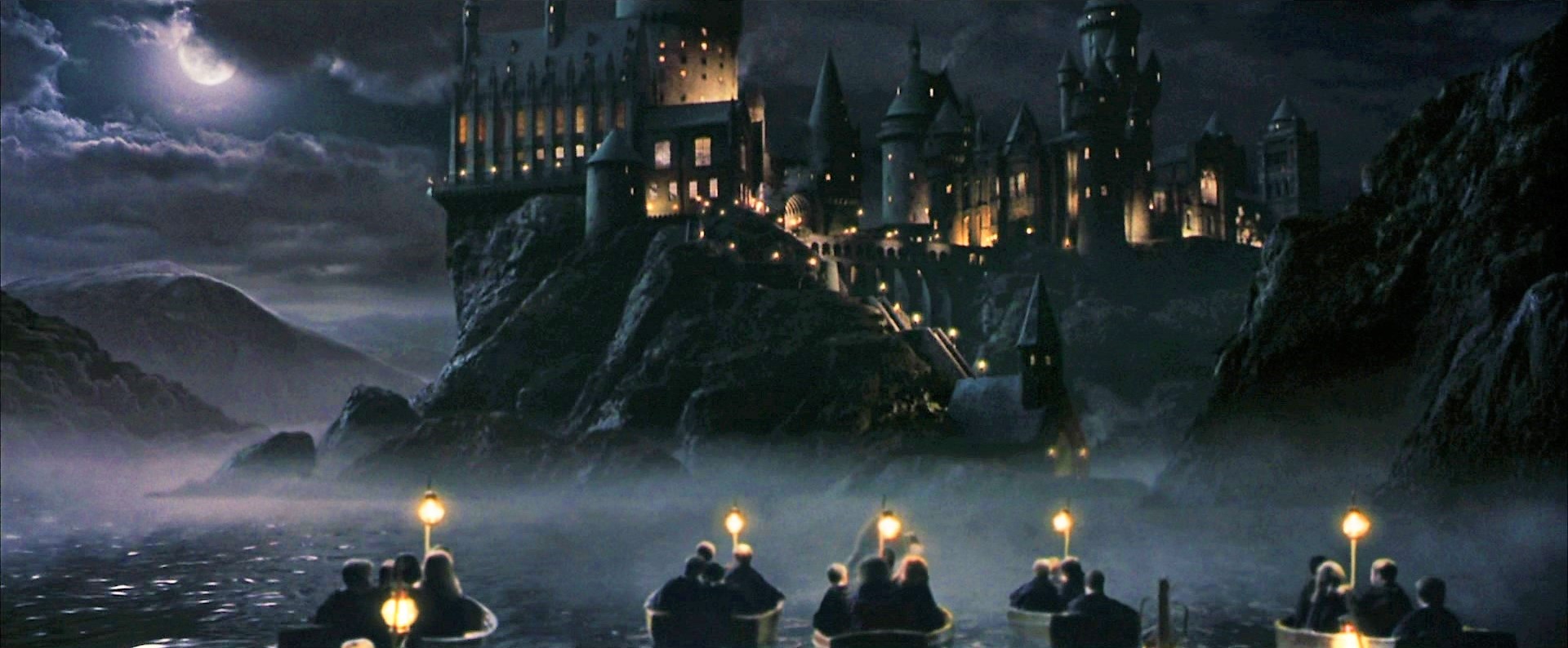Wilbur is different from the other Naked Mole Rats in his Colony, because he wears clothes (and he likes it!). But what will happen when Grandpah, the oldest, wisest, and most naked Naked Mole Rat ever discovers Wilbur's secret?
Funnyman and three-time Caldecott Honoree Mo Willems exposes the naked truth about being yourself and wearing it well. - Barnes and Noble Overview
 While browsing in Barnes and Noble I stumbled across this book and fell in love with the cover and the title. How clever? A naked mole rat that wants to wear clothes. Wilber is so cute and I knew this would be an awesome read.
While browsing in Barnes and Noble I stumbled across this book and fell in love with the cover and the title. How clever? A naked mole rat that wants to wear clothes. Wilber is so cute and I knew this would be an awesome read.
Reading level: Age 3-8 GradeLevel Pre-school to 3rd Lexile: 470L
Suggested Delivery: Read Aloud
Electronic Resources:
http://www.pigeonpresents.com/teachersguides/molerat_event_kit.pdf Great Site that has lesson plans, games, activities, and facts about naked mole rats!!
http://www.clpgh.org/kids/storymaker/embed.cfm - This is a great website that allows students to create their own picture book. It's interactive and guides the students to build their own imaginative story.
Activities to Increase Comprehension:
Before Reading: Have students make preditions about what the book will be about. Because the title is self explanitory the students will be able to use literal comprehension from the front cover to guess what the story will be about. To expand on this discussion, have the students discuss what will happen if the naked mole rat gets dressed and what the other naked mole rats will think. This question is more inferential but I am sure that there would be some pretty interesting and insightful respones.
After Reading: Because this book is for younger kids it would be good to do a follow up lesson where you Cut-up sentences- This activity includes active learning about words as part of a sentence. Teachers prepare a sheet of simple sentences printed out with a large-size font. Students cut apart the words from a sentence, and then move the individual word cards around, manipulating the words to re-create the sentence in proper order. This helps encourage students to recognize that each word is a separate entity, has meaning, and is separated by a space within each sentence. - http://www.readingrockets.org/strategies/concept_of_word/





